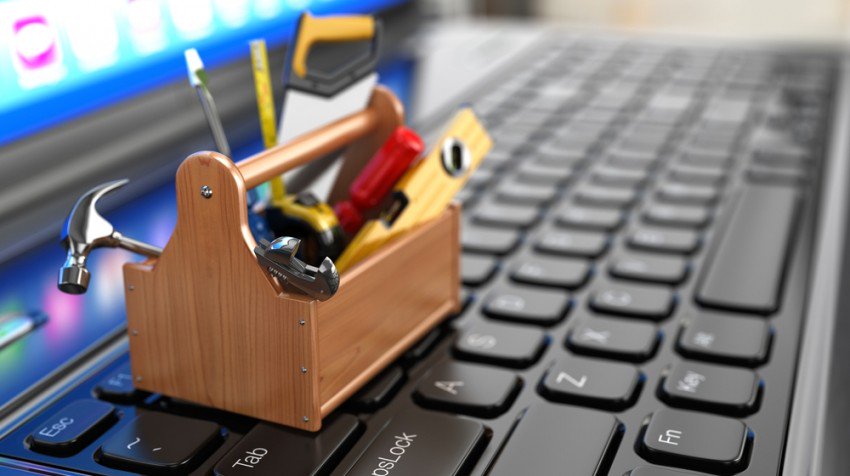Two key focuses of my blog are Financial Literacy/Money and Business/Entrepreneurship. Depending on the type of business or company you’re in, there will come a time when you’ll need to upgrade you tools and technologies. Doing so properly will prevent any interruption in your operations, while doing it incorrectly can interrupt your operations. The following contributed post is entitled, Common Mistakes Companies Make When Buying New Tools.
* * *

Image Source. Licensed under Creative Commons.
Buying new tools for your business? Here are a few common tool-buying mistakes to avoid.
Skimping on quality
When it comes to tool quality, you get what you pay for. Cheap tools tend to be less reliable and less efficient, especially if you’re buying used tools. As a result, you’re likely to pay more in repairs and replacements in the future. Such tools also tend to look cheap, which won’t do any good for your professional image.
Consider the factors that affect quality control before buying and research into these. If you’re buying a cutting tool for instance, consider the cutting tool material. You’ll generally pay extra for this added quality, but it’s worth it in the long run.
Splurging on gimmicks
Whilst spending a little extra could guarantee better quality, you should avoid splurging your money on tools beyond your needs. If you need to buy a printer for your office, consider whether you really need an industrial printer capable of printing hundreds of copies per minute. Make sure that you’re likely to use the tool to its full potential.
Buying single-use tools that could be hired
If you’re using a tool once, there’s no use in buying it only for it to gather dust for the remainder of its life. When it comes to these tools, use rental companies to hire them for a short period instead. You’ll save a lot of money by doing this. Just make sure to hire from a reputable company – the best companies will look after their equipment and ensure that it is top quality.
Using too many different brands
Whilst you don’t need to stay completely loyal to one brand, there are advantages to having several tools of the same brand. Firstly, it’s likely that such tools may have similar controls – a die cutter and a vacuum mold machine from the same company may have similar buttons and dials making it easier to learn the controls. There may also be a certain level of integration and cross-compatibility. Hand-held tools of the same brand for instance tend to use the same battery packs or the same chargers. Two types of software from the same brand meanwhile may be linked together so that you can easily move data from one to the other.
Overlooking energy-efficiency
This one applies only to electrical machinery, but it’s an important factor to consider. Machinery that uses up lots of electricity will cost you more in energy bills. Such machines tend to be older used machines – most modern machines are very energy efficient. You can usually find energy ratings for machinery online.
